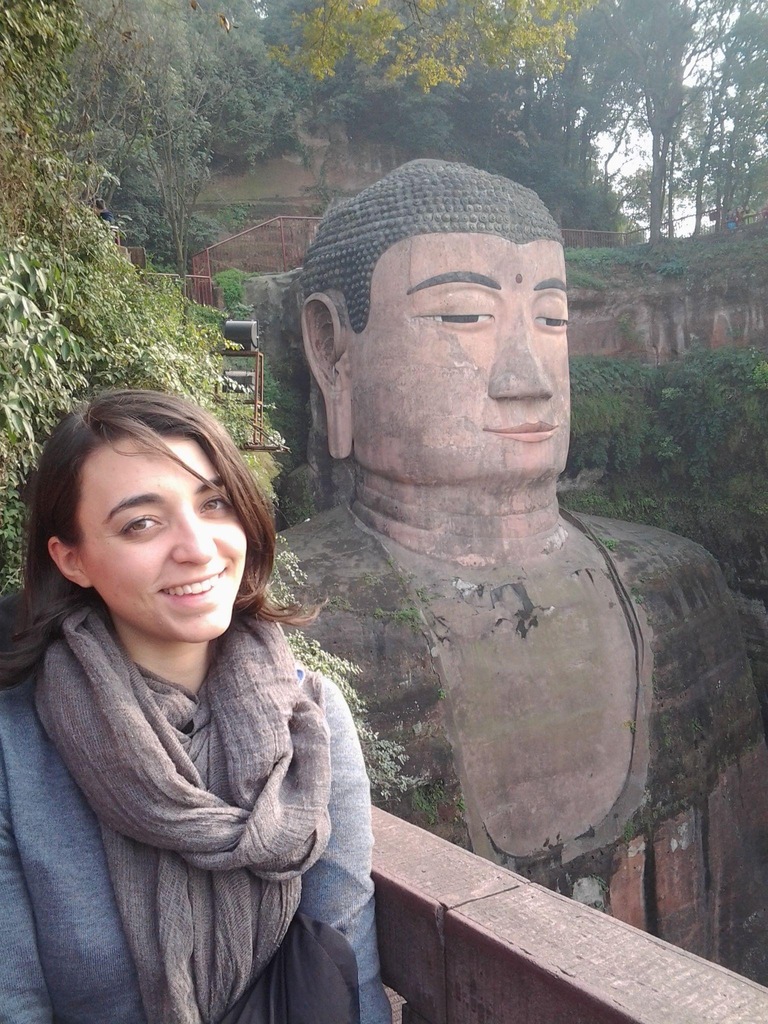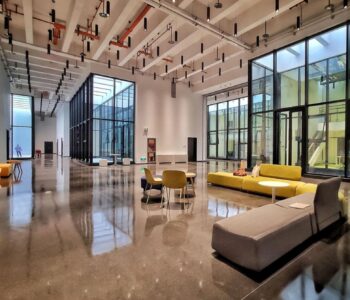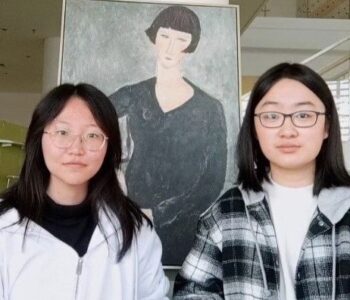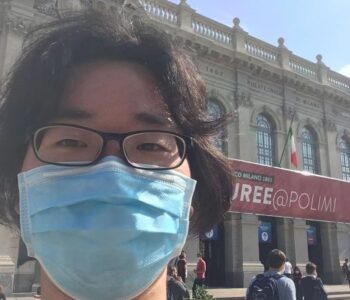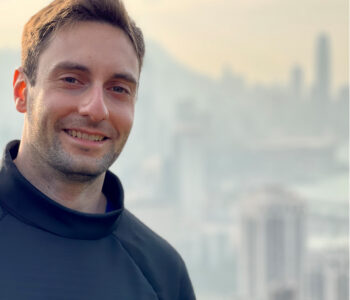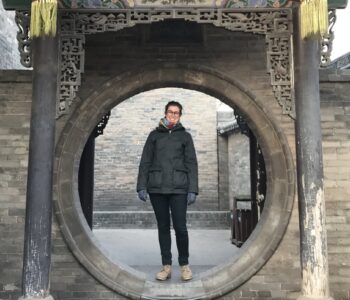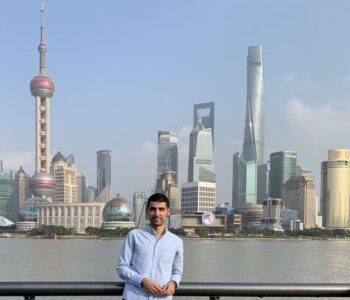Vittoria Camodeca
Electrical Engineering
The person I am today owes a lot to my two “Chinese” years.
Vittoria completed in 2014 the XJTU-Polimi Master double degree in Electrical Engineering.
“China? No thanks. It is too far and it doesn’t suit me!”
These were my thoughts during the presentation of the Double Master Degree Program in Electrical Engineering between Politecnico di Milano and Xi’an Jiaotong University.
Yet, a year later, I said goodbye to my parents at Malpensa Airport and I boarded a plane Xi’an, where I planned to live until my graduation. I already knew that it was going to be one of the strongest experiences of my life. The impact with an almost indecipherable language and unfamiliar culture made me doubt I would get to the end of that “mission”, but thanks to my stubbornness and curiosity, in just two months my attitude changed and I was fully enjoying that experience.
Chinese education and work environment are very different from the Italian ones. In China students have the opportunity to put into practice everything they learn thanks to the extraordinary equipment available. In the XJTU Power Electronics department, for example, there are laboratories where students can test and collect data for their studies. Since at the time I was mainly a “theoretical student”, I had some doubts about my abilities, however I was able to overcame my fears thanks to the support of my colleagues, who encouraged me to deepen my knowledge and gain confidence.
To the point that when I had to choose where to carry out my internship, I opted for a hands-on experience spending about 4 months in a company that produces power transformers and other electrical equipment in the power transmission field.
It was interesting to see how the Chinese people approach work and how the constant search for new objectives and new solutions shapes a company at all levels, despite the typical Chinese “strictness”. By “strictness” I am not referring to the bureaucratic system, which actually is much more flexible than the Italian one, but to the importance given to the quality of work. I tried to learn as much as possible and it was during my internship that I developed the models of my final thesis. Even today, when I encounter difficulties in my work, I always remember the Chinese approach to problems and that “hunger” to achieve results.
The person I am today owes a lot to my two “Chinese” years. At the time everything was a challenge for me: crossing the street without getting hit, getting on a bus alone and finding my way around a city where hardly someone spoke English, living on the thirteenth floor of a thirty-three-story building.
Initially two things mainly impressed me: the vastity of the country and its number of inhabitants. They seemed like obstacles to me.
As soon as I set foot in the city of Xi’an, I felt so small compared to its 10,000 km² of extension. Nevertheless, in that city I was able to find my balance: the ease of access to public transport allowed me to feel as comfortable as I was in Milan. Crossing the country with its very high-speed trains was not a problem at all, on the contrary, it gave vent to my hunger for knowledge, to the desire to overcome mental barriers and prejudices.
If initially I was annoyed by always being surrounded by so many people (even during yoga classes!), with the passing of the time I got so used that I stopped even noticing it.
I will not deny that at the end of my experience I was happy to return to Italy. After two years away, I needed a bit of “normality” and to look at my country and my people with different eyes. “It is not for nothing that a journey is above all a return and it teaches you to live more freely, more poetically in your own home”: that’s how it was for me.
cit. from: “L’infinito viaggiare”, Claudio Magris
